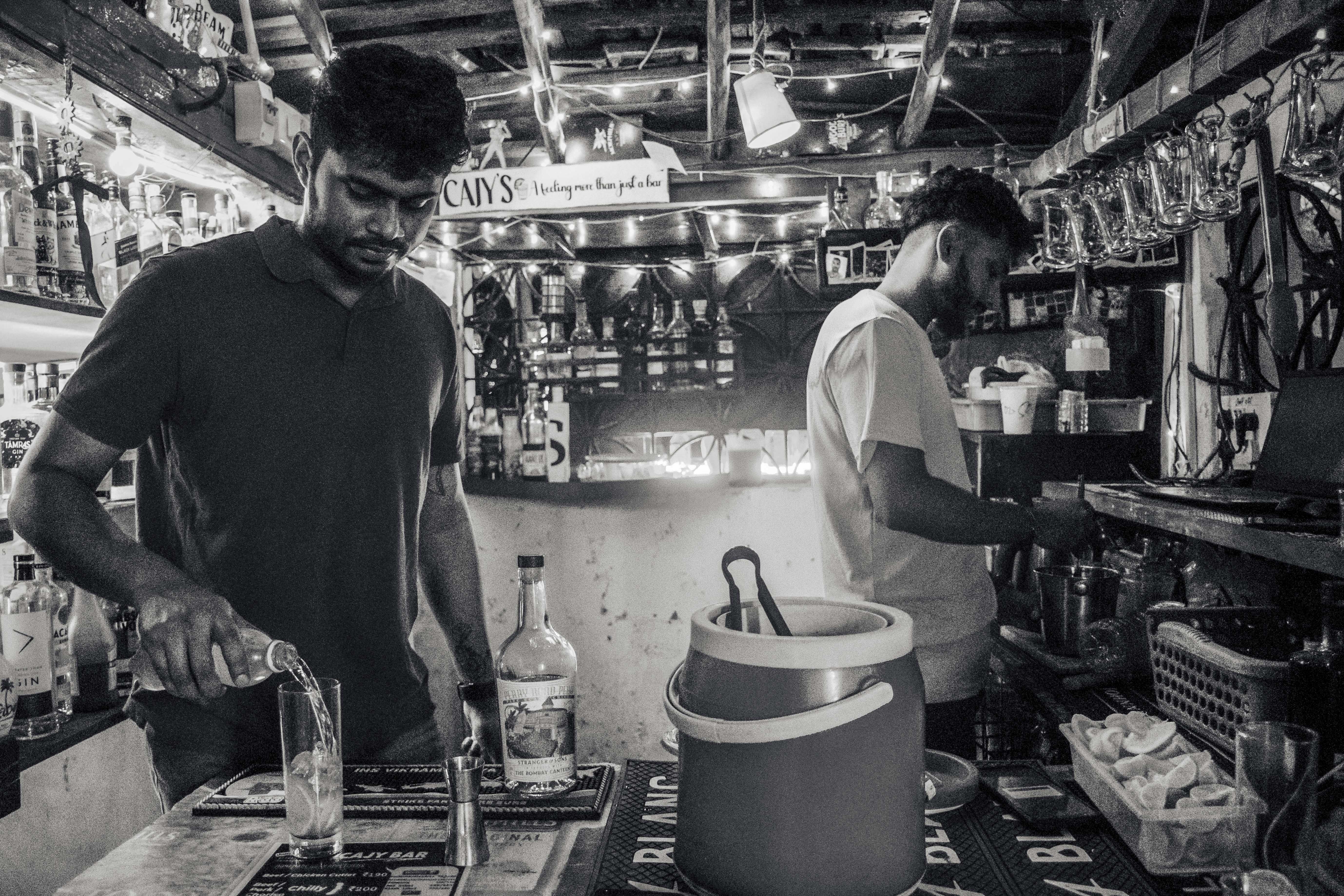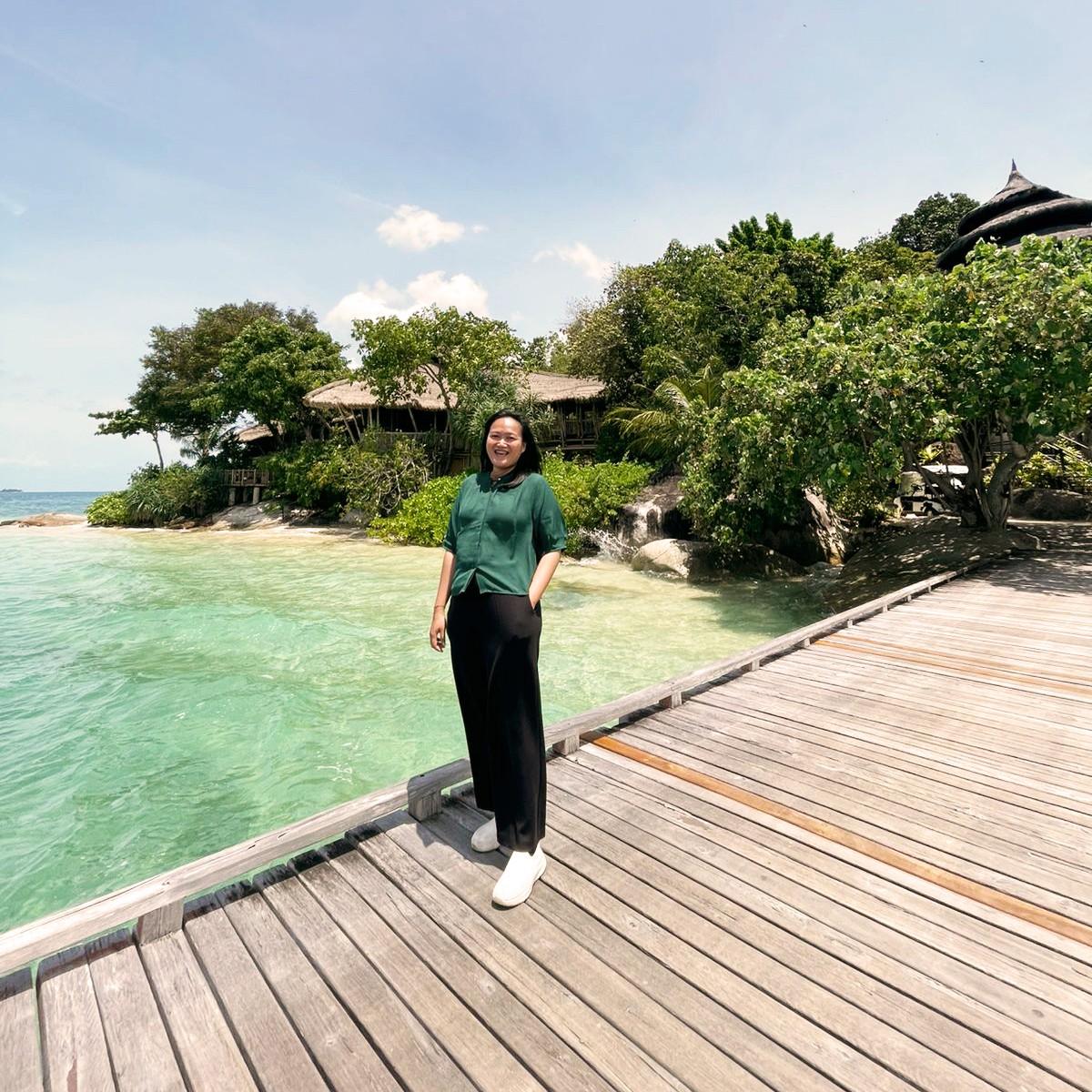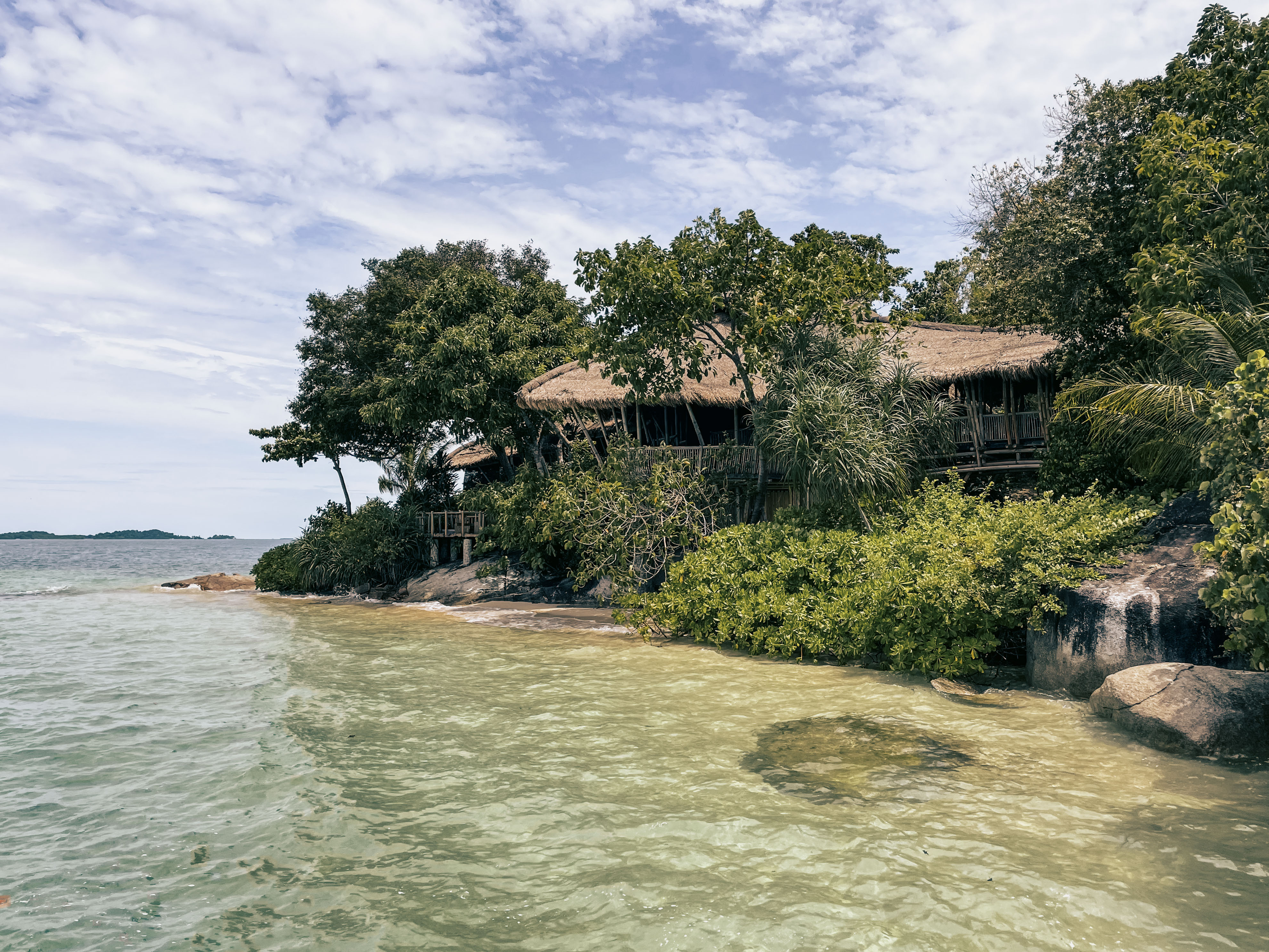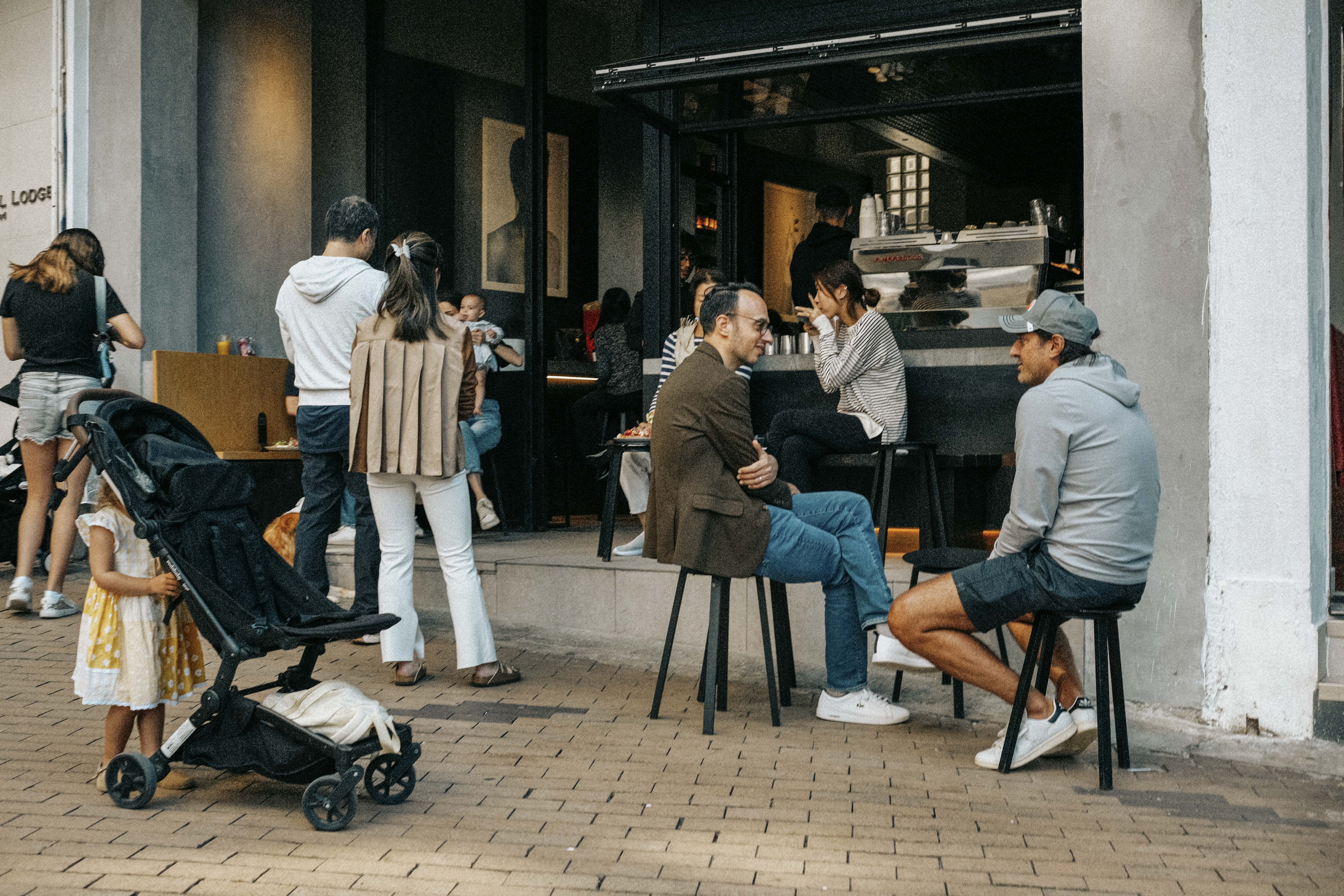Not that long ago, you could hear the cicadas sing when walking the streets in Shanghai’s Former French Concession (FFC).
✦
Back then, there were no cameras, no crowds. I grew up in the neighbourhood and remember evening strolls down Fuxing West Road with my parents underneath a lush canopy of wutong (Chinese parasol) trees.
In the background, insects hummed and the crunch of our footsteps was broken only by the occasional light bell from a passing bicycle.
These days, the neighbourhood – known for its European-style architecture and photogenic tree-lined streets that sit in soft contrast to Shanghai’s modern skyline – has become the city’s epicentre of “wanghong” (网红) culture, the Chinese term for “internet famous”.
Even during the pandemic, the corner of Anfu Road and Wukang Road was packed with social media influencers and photographers, all after the perfect shot.
The cicadas are less audible now. But if you know where to look, a slower, less-explored side of the FFC still exists. Here’s where to go to reach the quieter corners of Shanghai’s trendiest neighbourhood.
Lead photo: Lauryn Ishak. Above photos: Lauryn Ishak (left); Yijun Wang (centre, right)
Start your time here with a cup of coffee at 物邸 (Wudi) Bookstore, tucked into the curve where Hunan Road meets Yongfu Road. For 13 years the space operated as 1984 Bookstore & Café, a place named after George Orwell’s classic novel, delightfully unconcerned with trends or appearances, where the resident cat might mosey over for a brief hello.
Recently, new owners have taken over and breathed fresh energy into the same address. Step inside today and you’ll find a courtyard dotted with tables, where plants grow freely and where you can take your time to sip, read or just watch the world go by.
Wudi is a fitting introduction to the neighbourhood’s long creative legacy.
In the 20th century, the FFC was home to many of China’s literary and artistic greats, including playwright Ke Ling, cartoonist Zhang Leping, and novelist Ba Jin.
Many of their former homes are now open to the public, offering glimpses into their lives.
After your stop at Wudi, continue down the literary trail to the Former Residence of Ba Jin on Wukang Road. Widely revered, the writer and anarchist captured the emotional and political whiplash of a country in flux through his writing. His 1933 novel, Family, is still considered canon in modern Chinese literature, and has been adapted many times for film and TV over the years.
Visit his home – now a small museum – and immerse yourself into the half-century he spent there, surrounded by his books, manuscripts and photographs. While Wukang Road itself buzzes with selfie-snapping tourists, Ba Jin’s residence at house number 113 offers a rare oasis.
Photos: Yijun Wang
If you’re keen to explore historical buildings given fresh life, head to To Summer Leisure Courtyard at number 111 Hunan Road, where a century-old Spanish villa has been reimagined as a popular Chinese fragrance brand’s new home.
Then make your way to number 52 Yongfu Road, the former literary department building of the Shanghai Film Group Corporation in the 1970s that brewed many culturally significant films and was off-limits to the public for years. It now houses The Merchants, a restaurant-wine-bar concept that retains the original architecture and heritage of the villa.
A leisurely 10-minute walk from there will bring you to Dingxiang Garden on Huashan Road, an English countryside-style mansion surrounded by a Chinese classical garden.
Rumour has it that the estate once belonged to Li Hongzhang, a Qing Dynasty prime minister who named it after his seventh and favourite wife, Ding Xiang. Though this story has been disproved, it remains a charming and romantic part of the local lore.
Most of the grounds remain closed to the public, but you can stroll the surrounding paths – or stop for lunch at Shen Yue Xuan, a Cantonese restaurant tucked deep within the garden that’s been serving hearty dim sum for nearly two decades.
Photos: The Merchants (left, centre); To Summer (right)
Afternoons here tend to move at a gentle tempo, but if you’re looking to slow things down even more, an afternoon massage is the perfect way to hit pause. Turn the corner from Huashan Road onto Fuxing West Road and you’ll find my go-to spot: Zen Massage, a dimly lit, homey space that seems to hush the world outside.
There’s no social media hype around Zen, just skilled massage therapists who can hit that blissful spot between full-body relaxation and deep-tissue precision.
And because so much of the concession’s beauty lies in simply being present and observing – sunlight filtering through the trees, two elderly women chatting at the mouth of a longtang lane, façades shifting from Spanish Revival to Art Deco – I recommend finding time to explore this neighbourhood without a plan or destination at all.
Walk down Hunan, Yongfu, Gaoyou, Xingguo, and Fuxing West roads for an easy daytime stroll. Pop into a few vintage boutiques, pause to read the heritage architecture plaques along the way, then drift towards Julu, Fumin, and Donghu roads as the cafés begin to close and bars start to open.
Let the streets lead the way, and each turn will reveal something new, intimate and unexpected.























